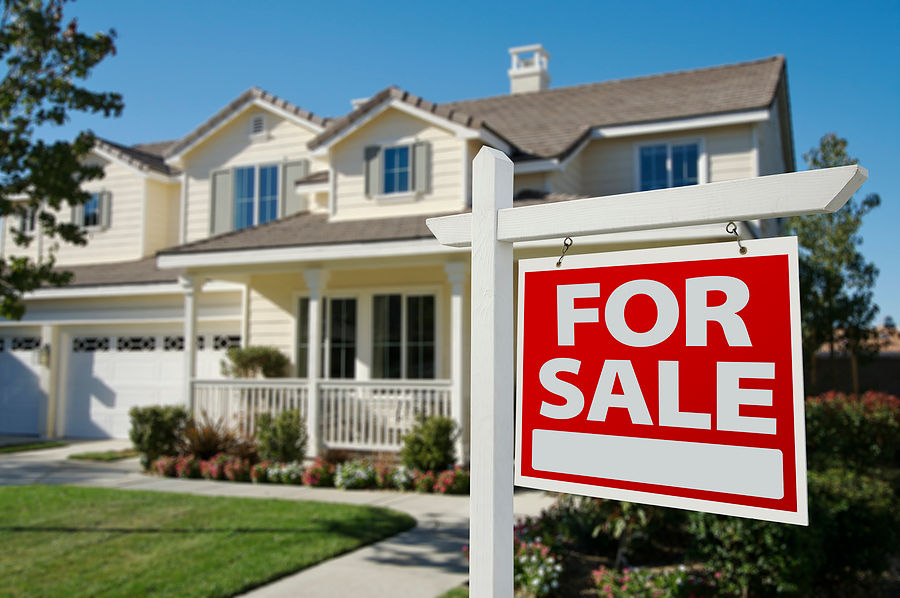Taxes
When is it Beneficial to Pass Up the Home Sale Exclusion?
Depending on the circumstances, it may be better to bypass the exclusion on a current sale and save it for the time when it will do you more tax good.
Apr. 12, 2023

In this day and age, people pull up stakes more frequently than they did in the past, often staying just a year or two in one place. This may change the manner in which you claim the giant home sale exclusion. Depending on the circumstances, it may be better to bypass the exclusion on a current sale and save it for the time when it will do you more tax good.
Note that the home sale exclusion isn’t automatic. It’s an election on your tax return. So whether you use it or not is up to you.
Background: Generally, you can exclude from tax up to $250,000 of gain from the sale of your home or $500,000 if you’re a joint filer. To qualify for this tax break, you must have owned and used the home as your principal residence for at least two of the five years preceding the sale. Alternatively, if you fail either the use or ownership tests, you still may qualify for a partial exclusion if you’re forced to sell the home due to a change in employment, health reasons or certain other unforeseen circumstances.
This is not a one-time opportunity (unlike it was many years ago). You can use the exclusion multiple times during your lifetime. But it’s off-limits if you’ve claimed the exclusion for another home within the past two years. If you’re fortunate enough to own two homes, you might bypass the home sale exclusion for a chance at a bigger tax payoff later on.
Let’s look at a hypothetical example. Say that and your spouse moved into a condo five years ago that cost $600,000. It was your principal residence for the first three years of ownership.
But you also own a cabin in a ski area you bought 20 years ago at the rock-bottom price of $200,000. For the last two years, you’ve lived mostly at the cabin, so it also qualifies as your principal residence.
Earlier this year, you sold the condo for $625,000. You’re also planning to sell the cabin and move to a warmer climate year-round. In the current market in the booming ski area, your asking price is $700,000. Any long-term capital gain will be taxed at the maximum 20% rate.
Accordingly, you’re entitled to the home sale exclusion for the condo sold earlier this year. If you claim the exclusion for this sale, you won’t have to pay tax on a $25,000 gain. With the 20% rate, you’d save $5,000 (20% of $25,000).
But here’s what happens if you don’t claim the home sale exclusion for the condo. First, you must pay the tax bill at the long-term capital gains rate. Then, if you sell the cabin for $700,000 later this year, you can claim the maximum $500,000 home sale exclusion. This saves you $100,000 in capital gains tax (20% of $500,000). That’s $95,000 more ($100,000 – $5,000). Of course, everyone’s circumstances will vary. With assistance from your tax advisors, you can plan the best tax moves for your situation.
